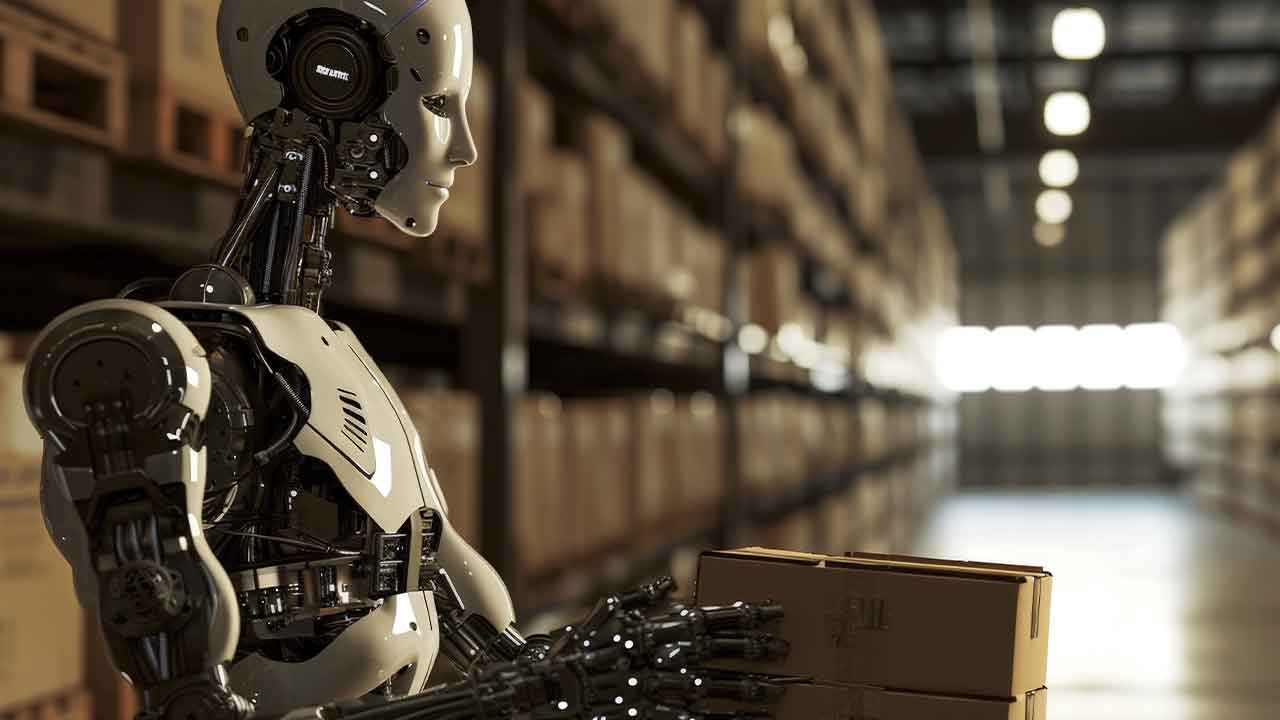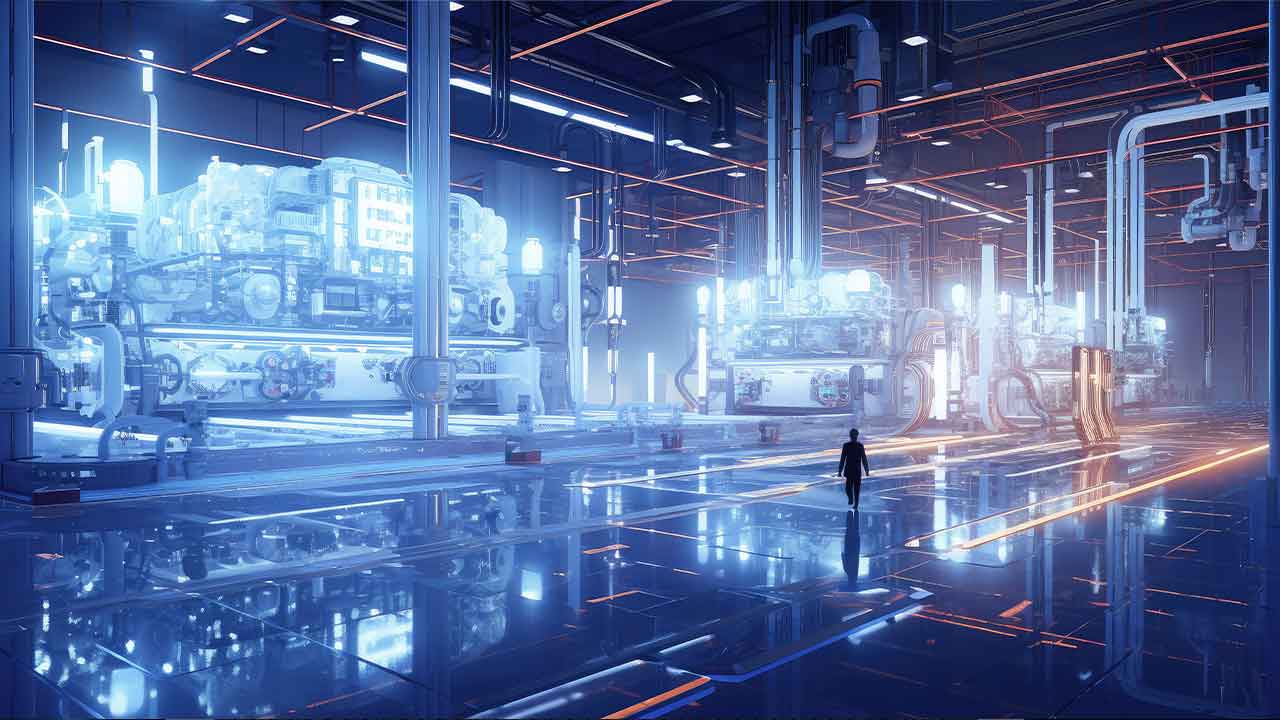Unveiling the DCN Framework by Schneider, Intel, and Red Hat
Schneider Electric, in a groundbreaking collaboration with Intel and Red Hat, has announced during the ARC Forum 2024 the launch of a Distributed Control Node (DCN) software framework, a significant step forward in open automation infrastructure. This innovative framework is an extension of Schneider Electric’s EcoStruxure™ Automation Expert and represents a leap towards software-defined, plug-and-produce solutions in industrial settings. For end users, this means enhanced operational efficiency, improved quality, reduced complexity, and optimized costs, all crucial factors for maintaining competitive advantage in today’s rapidly evolving industrial landscape.
The DCN framework aligns with the objectives of the Open Process Automation Forum (OPAF), aiming to foster interoperability and portability across industrial systems. This initiative marks a significant move away from traditional vendor-specific hardware towards a more flexible, open automation environment. The collaboration between Schneider Electric, Intel, and Red Hat has been instrumental in creating a network-based experience that paves the way for the next generation of industrial control, offering businesses the flexibility to tailor technology to their specific needs rather than adjusting their operations to conform to the technology available.
For end users in the industrial sector, the announcement promises a future where innovation is not hampered by obsolescence or the closed nature of proprietary systems. Instead, it opens up possibilities for seamless integration and future-proofing of industrial control systems. This approach not only supports industrial innovation but also significantly reduces the total cost of ownership by replacing vendor-specific hardware with a modular, scalable, and efficient software framework.
At the heart of this framework is the advanced computer platform (ACP) and the DCN itself, powered by Intel Atom x6400E series processors. These components are designed to handle control workloads efficiently, offering secure and programmable deployment capabilities along with virtualization and monitoring functionalities. This setup is indicative of a shift towards dynamic, software-based infrastructures capable of adapting to the changing demands of industrial operations.
Intel and Red Hat’s contributions are pivotal in this transition, with Intel providing the hardware foundation and Red Hat delivering the software infrastructure necessary for implementing autonomous operations on the shop floor. This collaboration not only enhances the scalability and flexibility of factory operations but also sets the stage for future advancements in AI and edge computing within the industrial sector.
A live demonstration of this solution is featured at the 2024 ARC Industry Leadership Forum, offering a firsthand look at the practical applications and benefits of this open automation framework.
For more information and insights, visit Schneider Electric’s website and explore perspectives on sustainability, electricity 4.0, and next-generation automation.



